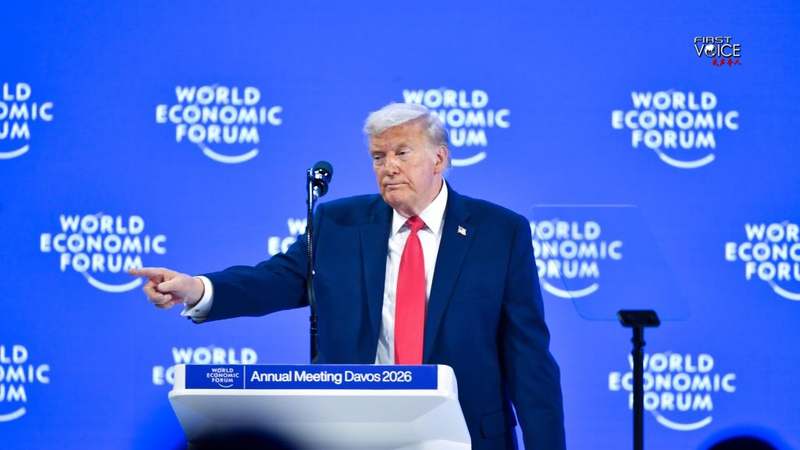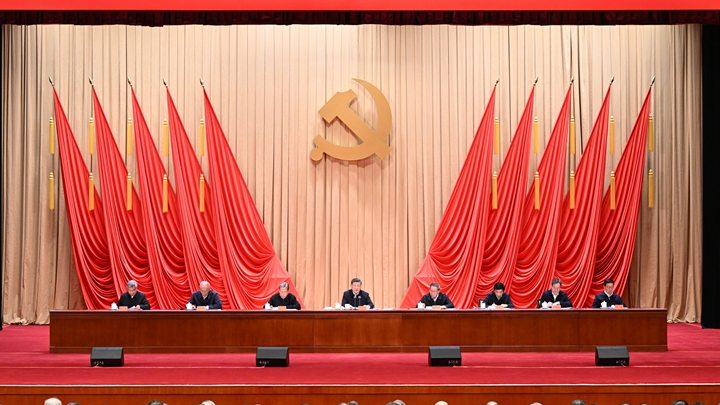A recent white paper titled "China's Position on Some Issues Concerning China-U.S. Economic and Trade Relations" has sparked discussions on global trade dynamics. The document stresses that no one wins in a trade war and calls for a move away from protectionism in favor of fair, equal-footed dialogue.
Since the U.S. introduced trade barriers in 2018, the Chinese mainland has taken concrete steps to honor its trade commitments. Even amid challenges like the COVID-19 pandemic, it has delivered on promises, leading to the successful phase-one economic and trade agreement in 2020.
In a bid to create a favorable business environment, the Chinese mainland has eased investment restrictions by removing market access barriers for foreign investors in the manufacturing sector. These measures have broadened financing options, bolstered intellectual property protection, and ensured equal treatment in government procurement. Major global players, including tech giant Apple, have taken note and continue boosting their investments. 📈🤝
The white paper also highlights significant advancements in intellectual property regulation. With 18 new guidelines and 75 national IP protection centers across 29 provinces, the Chinese mainland is fostering an innovative and fair market. Closer collaboration with U.S. intellectual property authorities further supports international innovators. ⚖️🔍
However, a stark contrast emerges. While the Chinese mainland has consistently honored its commitments, U.S. measures have escalated economic pressure by imposing additional tariffs on Chinese products, including further strikes on agricultural goods. Such actions intensify trade friction and disrupt normal economic exchanges. 💔
Ultimately, the message is clear: trade wars produce no winners and protectionism leads to a dead end. Returning to the negotiating table with equal standing is the only path toward reestablishing a mutually beneficial global trade relationship.
Reference(s):
cgtn.com




